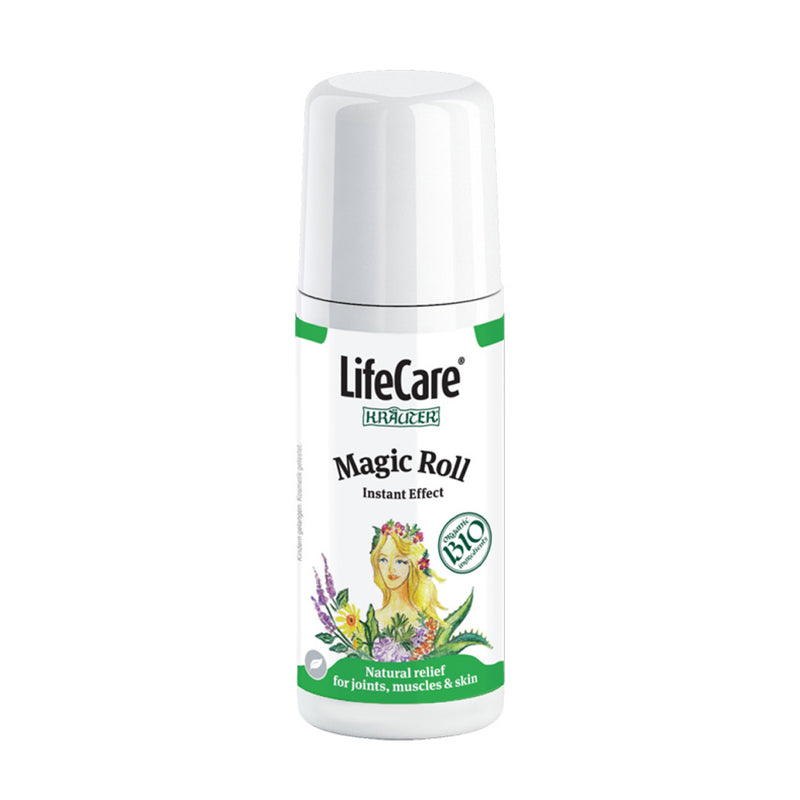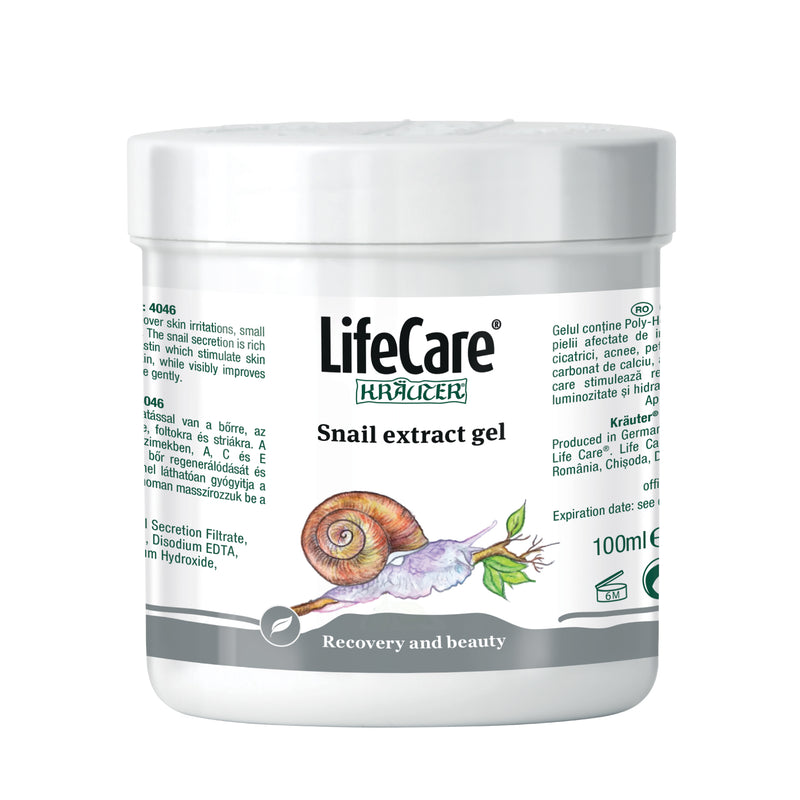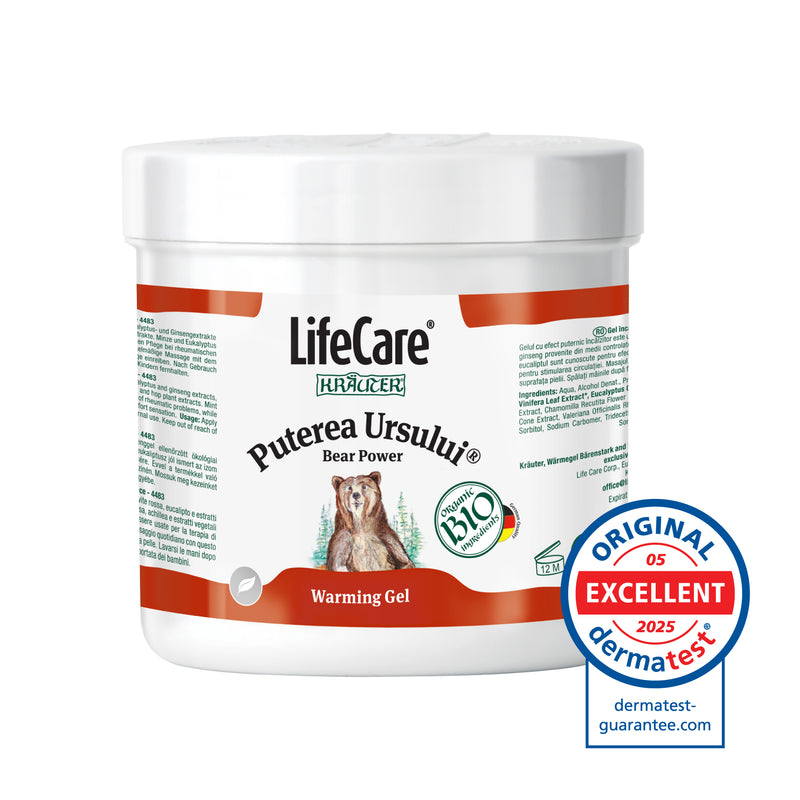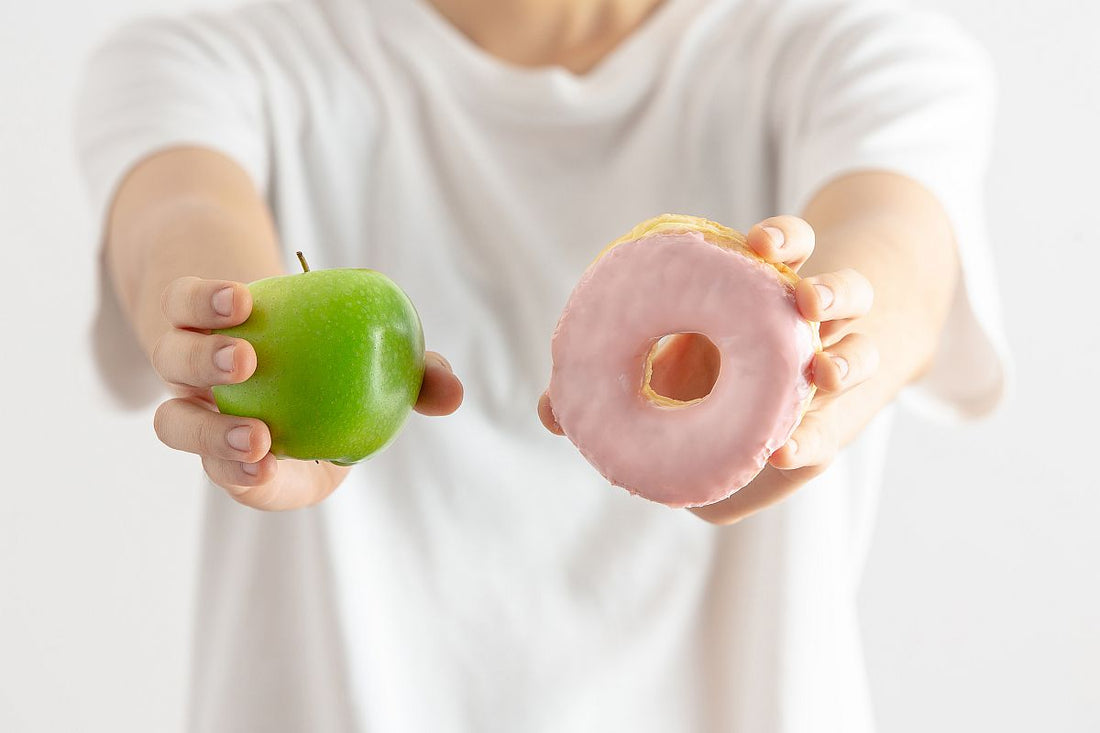We like and look for the sweet taste, we all know this. We make it small, the breast milk being a perfect combination of the three macronutrients - proteins, lipids and carbohydrates (carbohydrates) - and the taste of milk is predominantly sweet.
Then we learn to reward the good deeds or to manifest the pampering in front of the children by always giving them something sweet. And when I was a child, the cake or the pampering was Sunday and the holidays, but there is a big difference between these times.
At that time we had no assortments and varieties of sweets, while today we have sweets and sugar in most products. And this offer brings the imbalance in the choices and maintaining today's human health.
We do not hurt the sugar itself, consumed with responsibility, from time to time. But it hurts us to fall into the passion of consumption, to become dependent on the sweet taste and to become a daily habit. And this happens, unfortunately, we see in children and people with mental illnesses.
Sugar does not only produce metabolic dysfunctions - metabolic syndrome, blood sugar and from here the onset of cardiovascular disease, diabetes or neoplasm. Sugar, unfortunately, is the one that directly affects the nervous system, clarity and emotional stability.
How does a small child behave who escaped sweets and ate sugar products? The moms know the answer very well: "He is agitated, nervous, you cannot get along with him!" Do you think it's different in us, adults? The nervous system affect is obvious, the increase in blood sugar levels and insulin secretion is done with high physical and mental health costs, unfortunately!
Every time I talk to someone who is experiencing depression, anxiety or panic attacks, each time they find that these people have a dysfunctional relationship with food, a need for exaggerated sweets, as well as the consumption of such products.
Do you know what neurophysiological changes look like in a consumer declared sweets? Just like a substance addict: the dopaminergic system is affected and the physiology of the brain changes, as is a heroin addict. The scanning of the brains, in numerous studies that occur more than ten years ago, brings us to this reality: sugar is a product that adds, affects the Dopaminergic system and changes the people who fall into this trap of addiction!
Where do we start when we have such a challenge in our lives?
1. First of all, it is always good to remember that we can ask for help and always have this belief: with the help of the people around you you can get much faster to get out of a vicious circle. You can call a specialist, family or circle of friends.
2. Remove from the house and from the shopping list added sugar. On this occasion you learn to read the labels, here are what advantages you benefit from this challenge!
3. Read the labels of the products you buy!
The term "sugars" refers to simple carbohydrates, monosaccharides: fructose, glucose, galactose, ribose, etc. Dissaccharides also enter: sucrose (glucose + fructose), lactose (glucose + galactose), maltose (consisting of 2 glucose molecules). Later, there are other compound molecules, with a larger number of "sugars - monosaccharides".
It would be good to distinguish between "sugar" (sucrose) and "sugars" (which are naturally present in various food sources), when we read the product label.
How much sugar do we have in various foods?
100% in white sugar. But the fruits also have up to 20% sugar (made up of fructose and glucose). If we talk about monosaccharides (fructose or glucose from fruits or honey), they are assimilated as easily as white sugar. The other nutrients, macro and micronutrients are also essential: fiber, protein, fat, water.
The information that honey has in comparison with processed sugar cannot be challenged, but this is another discussion. At first it is good to completely eliminate everything that is sweet, so that we can re -educate the lust and the need for sweet.
When you read the label, keep in mind that the product would be good not to contain added sugar or sugars. If sugars appear in the section "The nutritional values of the product", then they are in the food, it is okay. However, if they appear in the ingredients, then it is a problem, that product is to be avoided, leave it on the shelf!
4. Temporarily avoid the people and contexts in which sweetness is abused, this is very important! You need time, you need to learn to manage and integrate the experiences of the day, without resorting to sweets. To succeed in doing this, for a while you do not need to stay away from the temptation of sweets.
5. And at the end - but it may be the most important step in giving up the consumption of sweets - it is your belief that you need to do this and know why you do this. Moreover, something that keeps you 100%: the belief that you can make any change in your life, when you really want.
What is it important to know about sugar? I leave a fragment from the book written by me, " #30DaySosugar. The power to succeed":
"In addition to promoting obesity, diabetes and cardiovascular disease, in addition to the damage caused at the dental level or at the level of our hormonal or emotional balance, sugar consumption also increases the risk of cancer." This is the conclusion that Lewis Cantley, professor at Harvard University and the director of Beth,
'' One third of the most common cancers, including breast and colon cancer, has insulin receptors on their surface. Insulin is attached to these receptors and sends a signal to tumors to consume glucose, "explains Cantley. ''
When we eat or drink sugar, it causes a sudden increase in insulin levels in the body, which can serve as a cancer catalyst. "If we happen to have a tumor with insulin receptors, it will be stimulated to consume blood glucose, so the tumor will increase," explains Cantley.
Professor Cantley leads a scientific effort to conceive a drug that limits the access of cancer cells to blood glucose. Until then, Cantley has only one tip:
«Don't eat sugar. If you need, try to keep it at a minimum level. That's how I live my life, I avoid sugar! ””
I wish you much health and always make conscious choices in your life!

Article written by conf.univ.dr. Lavinia Melania Bratu, biologist, clinical psychologist, nutrition counselor




